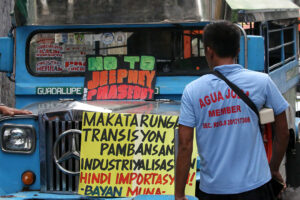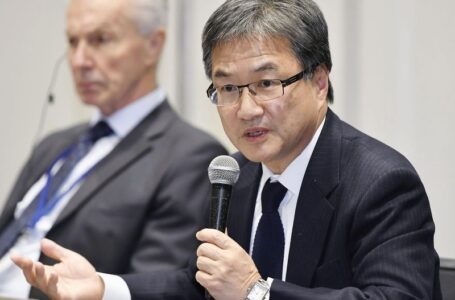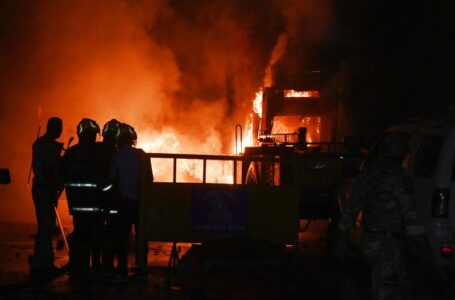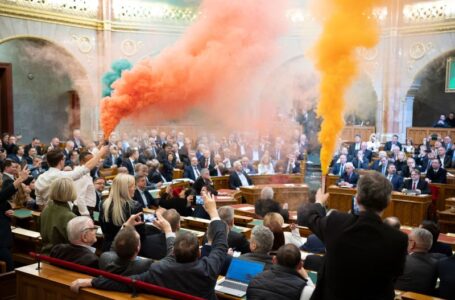Environmental group against replacing jeeps with modern PUVs


By Jomel R. Paguian
AN ENVIRONMENTAL advocacy group has rejected the government’s plan to replace traditional jeepneys with reportedly more eco-friendly vehicles, claiming that even the modern units set to take over the streets fail to comply with United Nations (UN) recommendations.
The Philippine Movement for Climate Justice (PMCJ) said that the Public Utility Vehicle Modernization Program (PUVMP), which claims to pave the way for the phaseout of jeepneys, allegedly does not follow the recommendations set in the 28th meeting of the Conference of the Parties (COP28) to the UN Framework Convention on Climate Change which concluded on Dec. 12.
The UN convention recommended the swift transition from a fossil fuel-based transport industry to sustainable and energy-efficient public transportation, said PMCJ’s senior energy program officer, Larry Pascua, in an interview.
“The PUVMP does not address the reduction of carbon emissions, a response needed for the climate crisis,” he said.
He explained that the modern jeepney units, although “newer and more fuel-efficient,” still rely on petroleum, the same fossil fuel that the traditional jeepneys use. “Transitioning to these modern units would still contribute to the steady rise of our global temperature,” Mr. Pascua pointed out.
The Land Transportation Franchising and Regulatory Board (LTFRB) claimed in a statement, however, that the PUVMP provides “a safer, more efficient, reliable, convenient, affordable, climate-friendly, and environmentally sustainable transportation system.”
Mr. Pascua emphasized the need for the modernization program to shift directly to eco-friendly units powered by renewable energy to achieve the government’s goal of environmental sustainability in transportation.
He added that this could have saved drivers and operators from potential future burdens associated with additional transitions.
He cited that the modern fuel-based units currently cost around P2 million to P3 million each, highlighting that these expenses may not be the only transition costs drivers could encounter.
“Other than the need for these units to be subsidized, there is also the question of making the transition more efficient by going directly for eco-friendly units so that drivers won’t pay for another transition down the line,” said Mr. Pascua.
The PMCJ program officer also asserted that the Euro 4 engines intended for use in modern units constitute outdated technology from the United States and Europe. This could consequently lead to the utilization of their disposed machines, he added.
The PUVMP mandates drivers and operators to merge their separate franchises into a cooperative or corporation by yearend to obtain franchises for modern public utility vehicle units. Transport groups argued that this would initiate the phaseout of jeepneys, benefiting only financially capable large corporations able to meet consolidation requirements.
Concurring with transport groups, PMCJ, in Filipino, said the transport modernization plan “is an expansion of the role of private corporations in public transportation, which could lead to the abandonment of services for citizens and pave the way for higher fares.”











